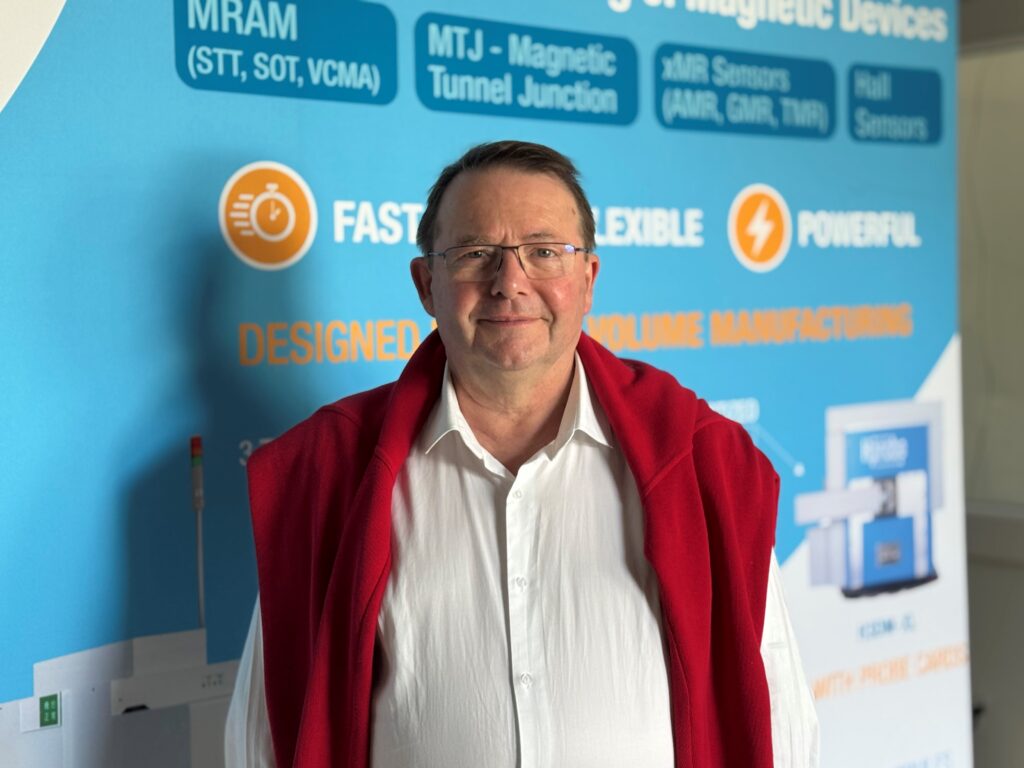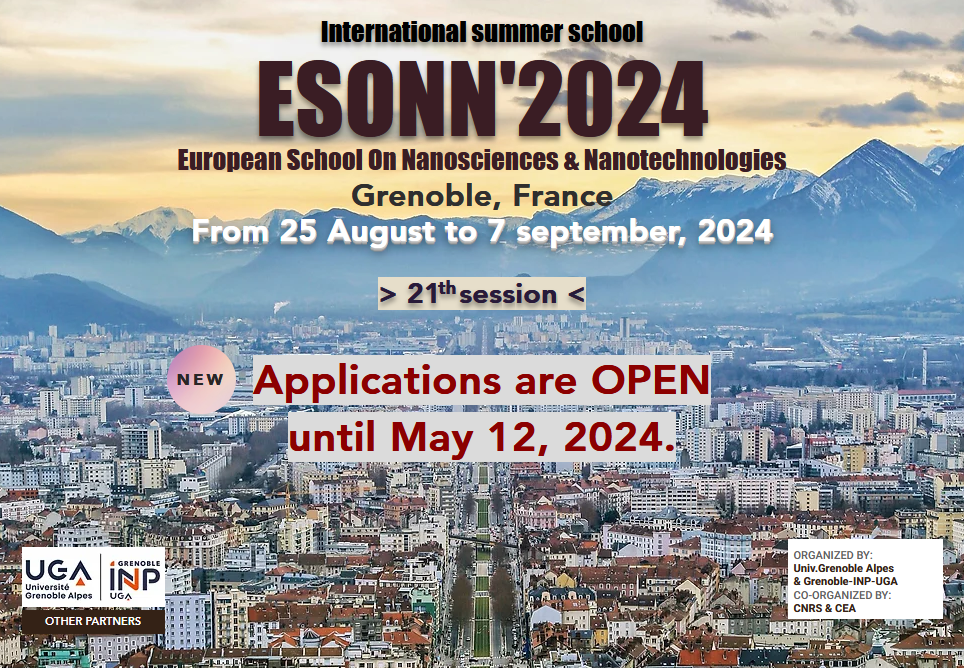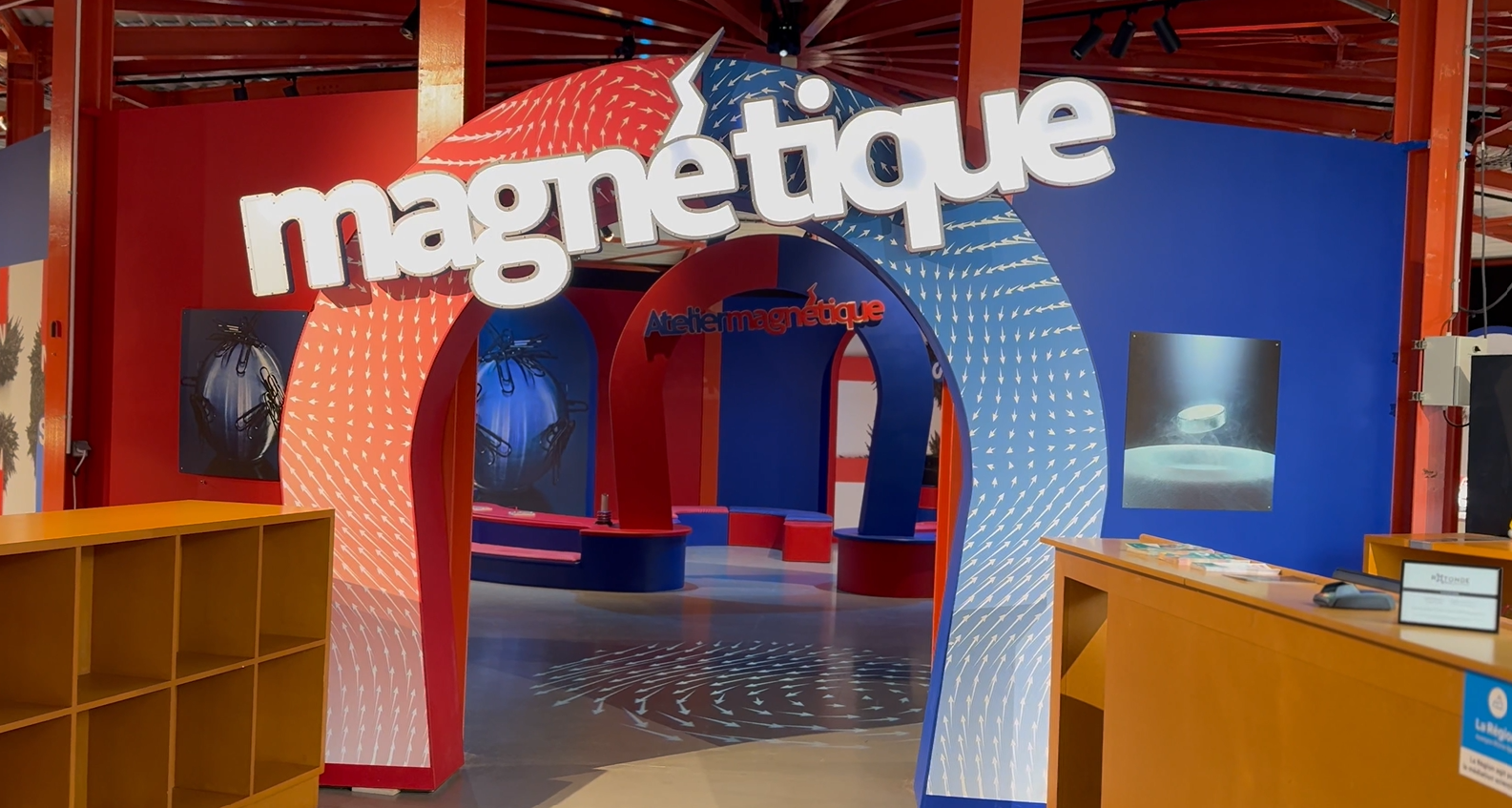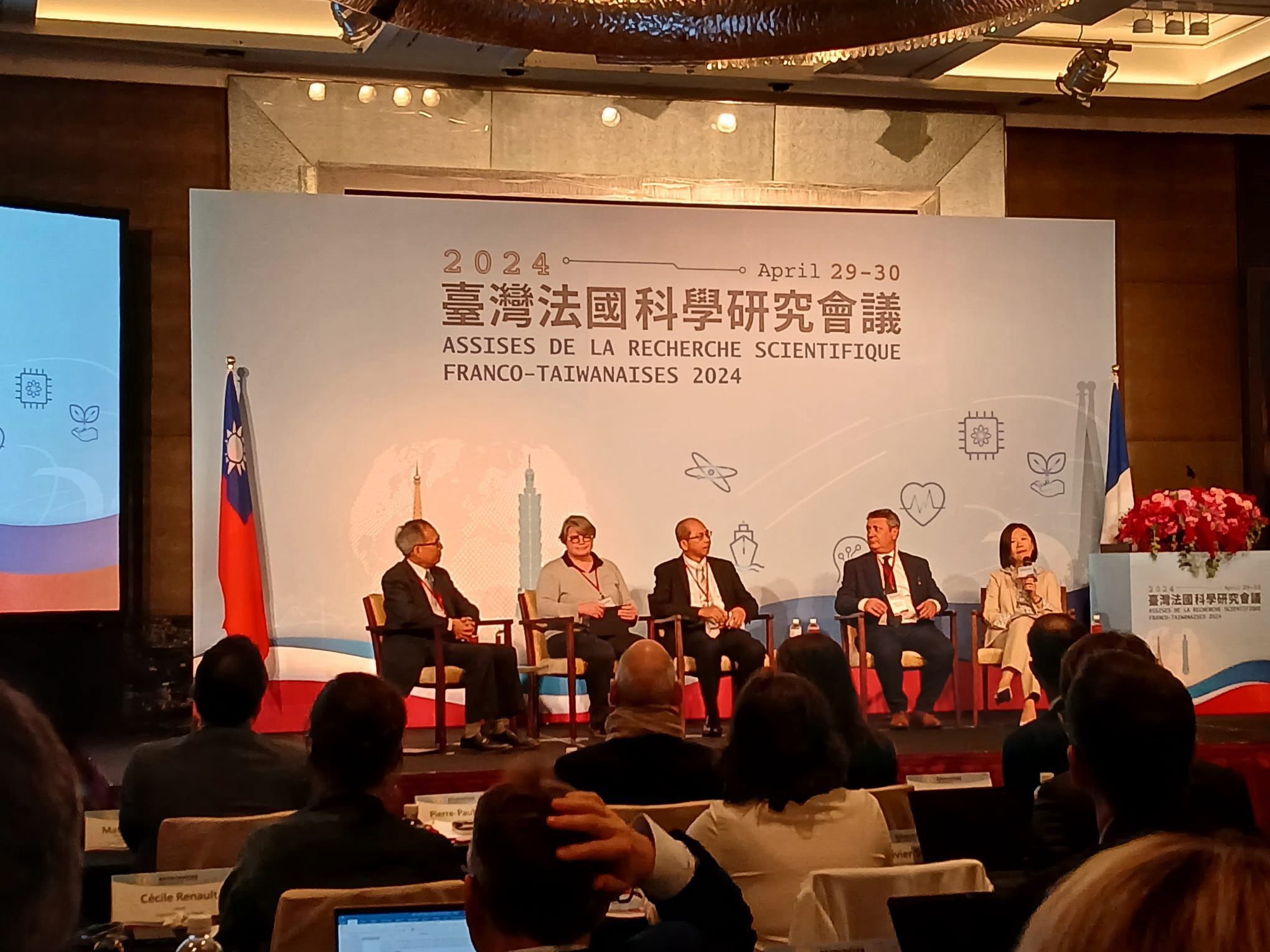Spintronics and Innovation: an Interview with Laurent Lebrun, Co-founder of Hprobe
Hprobe, founded in 2017 by three co-founders with expertise in microelectronics and spintronics, focuses on testing cutting-edge technologies, including magnetic memory (MRAM) and next-generation magnetic sensors. During the first Industry Day of the SPIN Research Program, Laurent Lebrun, one of the startup’s founders, answered questions and emphasized that “spintronics offers innovative solutions for electronic components, enabling significant reductions in power consumption”

Hprobe: A Leading Startup in the Field of Spintronics
Founded in 2017 within the SPINTEC laboratory in Grenoble, Hprobe is a startup specializing in a unique, patented technology for multidimensional magnetic field generators. These solutions are specifically designed for the characterization and testing of devices directly at the silicon wafer level. Among its clients are all the major names in the microelectronics industry.
Hprobe: A Leader in Testing Solutions for Integrated Circuits and Semiconductors
The startup stands out for its expertise in magnetic field electrical testing, offering a comprehensive range of essential solutions for the semiconductor industry. Its testers enable the evaluation of functionality and performance of components using magnetic materials, ensuring compliance with technical standards. Hprobe’s semiconductor testing equipment monitors each stage of the manufacturing process, ensuring maximum efficiency throughout the production chain.
In parallel, Hprobe is developing specialized solutions for resistive memories, including magnetic memories (MRAM), which represent a significant advancement in reducing energy consumption, gradually positioning itself in the microelectronics market. These solutions ensure the reliability and performance of devices while minimizing their energy footprint. Additionally, Hprobe’s high-precision measurement systems provide detailed data on the electrical characteristics of the devices.
Hprobe also offers equipment tailored to system-on-chip (SoC) devices, enabling the testing of complex systems integrated into a single chip. Through these innovations, Hprobe ensures the quality and performance of electronic components in both manufacturing and research environments, while committing to sustainable solutions.
The promise of magnetic memory
The issue of electricity consumption in the electronics sector is becoming increasingly critical. Currently, about 80% of this consumption is attributed to memory management.
The dominant memory types on the market, such as SRAM and DRAM (volatile), as well as flash memory (non-volatile), have notable drawbacks: they require a significant amount of energy to operate, and the endurance of flash memory is limited. While these technologies are cost-effective, they contribute to the growing increase in electricity consumption worldwide.
If the situation remains unchanged, the energy demand for microelectronics is expected to exceed electricity production capacity by 2040, thereby limiting the resources available for other uses. In contrast, magnetic memory, which relies on a principle of writing without moving electrons, presents a promising alternative. Unlike traditional memories that move electrons, MRAM (Magnetic Random Access Memory) simply changes the orientation of electron spins in a magnetic layer. Physically, this requires less energy to write a ‘1’ or a ‘0’, making it a less energy-intensive technology.
Although MRAM is still expensive, an increase in its production could help reduce its price, making this technology more accessible. Spintronics also offers innovative solutions for new processors and logic components, leading to significant changes in terms of electricity consumption. However, this potential is not yet sufficiently highlighted in discussions about the future of electronics.
The Hprobe Team: a multidisciplinary force
Hprobe was founded by three co-founders, each bringing valuable expertise in microelectronics, spintronics, and business development.
Dr. Laurent Lebrun, an engineer from Arts et Métiers, gained extensive experience during his ten years at Schneider Electric before venturing into entrepreneurship. After successfully turning around several SMEs, he co-founded Hprobe in 2017 with the goal of industrializing spintronic technology.
Dr. Siamak Salimy has over ten years of experience in the semiconductor industry, having worked for Atmel and Teledyne Dalsa, and has been involved in the development of MEMS technologies.
Dr. Jean-Pierre Nozières has over thirty years of experience in research and industry, having co-founded the SPINTEC laboratory and established several startups, including Crocus Technology.
L’équipe composée d’une quinzaine de personnes, cultive un esprit collectif propice à l’innovation, permettant à chacun de contribuer activement aux divers aspects des projets.
Their challenges and adaptation:
Like many players in the industry, Hprobe has faced the turbulence associated with the semiconductor crisis, necessitating a reevaluation of its priorities. The company now has to tackle several major challenges:
- Supporting the rapid growth of the components market.
- Adapting to the evolving and expanding semiconductor market.
- Establishing itself as a key supplier of equipment for major industry players.


